Journey through millennia of rich cultural heritage, from ancient civilizations to modern independence
The history of Algeria begins with the indigenous Berber peoples who inhabited North Africa for millennia. The region saw the rise of various ancient civilizations including the Phoenicians, Romans, and Vandals.
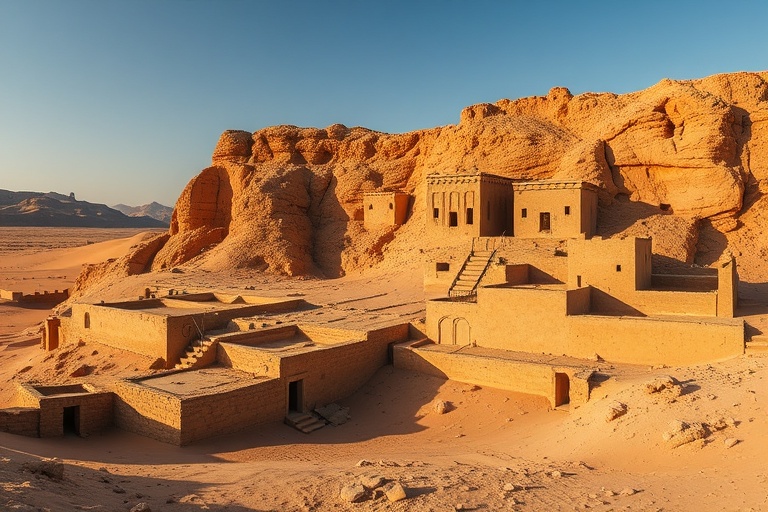
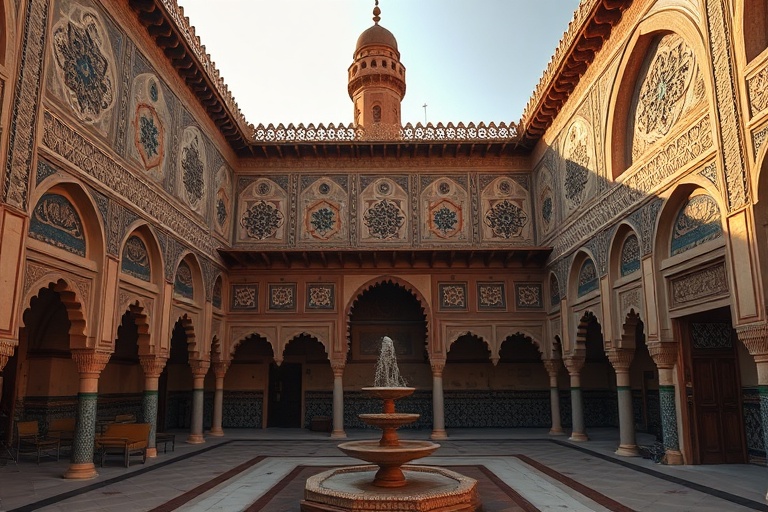
The Arab conquest brought Islam to Algeria in the 7th century, fundamentally transforming the region's culture, language, and architecture. Various Islamic dynasties ruled, including the Almoravids, Almohads, and Marinids.
Algeria became part of the Ottoman Empire in the 16th century, ruled by Turkish governors called Deys. This period saw the rise of the famous Barbary corsairs and the development of Algiers as a major Mediterranean power.
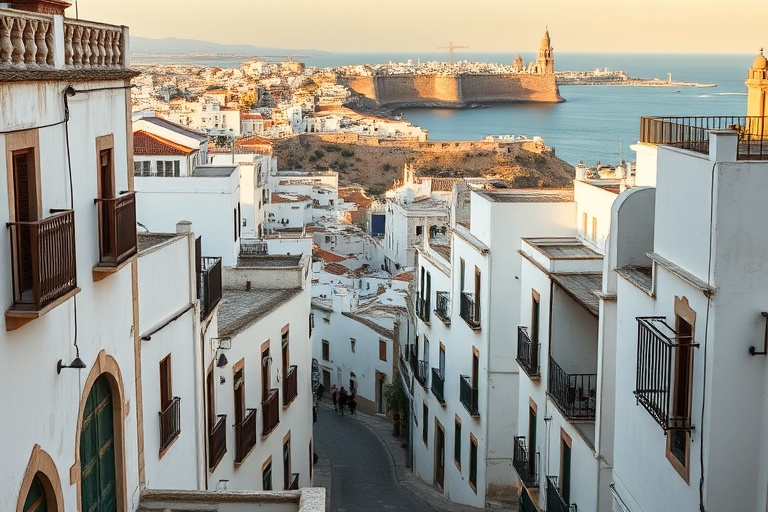

French colonization began in 1830 and lasted 132 years. This period brought significant changes to Algerian society, including the introduction of French language and culture, while also leading to resistance movements and the eventual independence struggle.
The Algerian War of Independence began on November 1, 1954, led by the National Liberation Front (FLN). After eight years of fierce fighting, Algeria finally achieved independence on July 5, 1962.
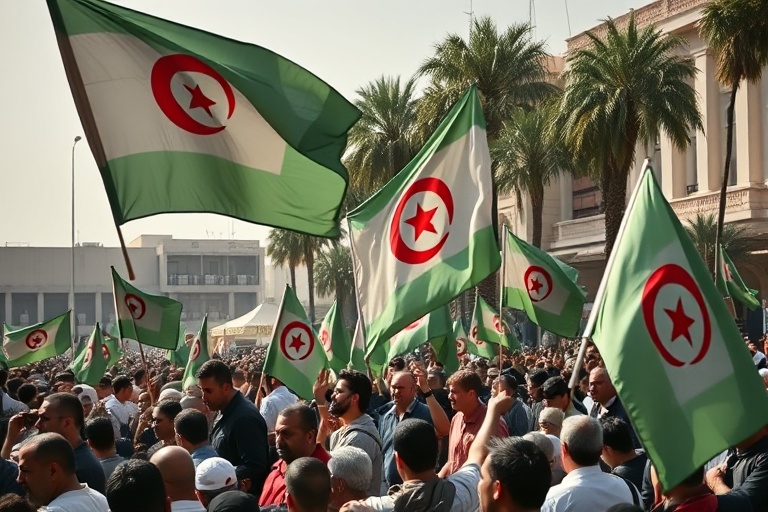
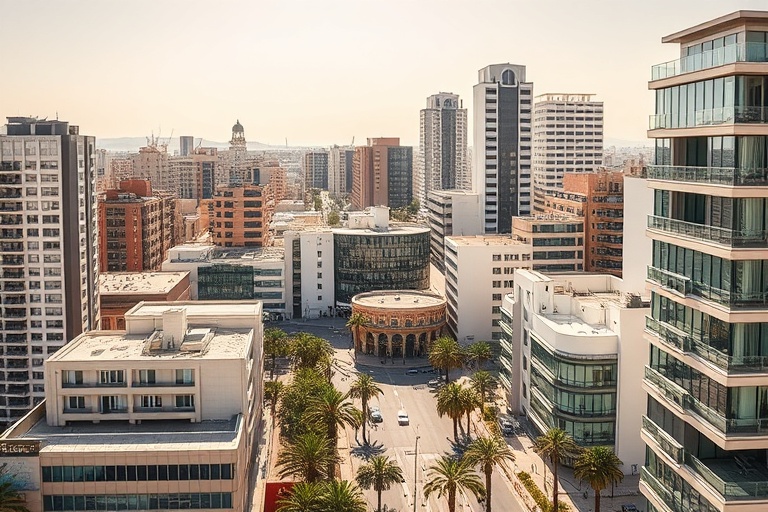
Since independence, Algeria has focused on nation-building, economic development, and establishing its place in the international community. The country has leveraged its oil and gas resources while working to diversify its economy.
Explore Algeria's rich historical heritage through these UNESCO World Heritage Sites
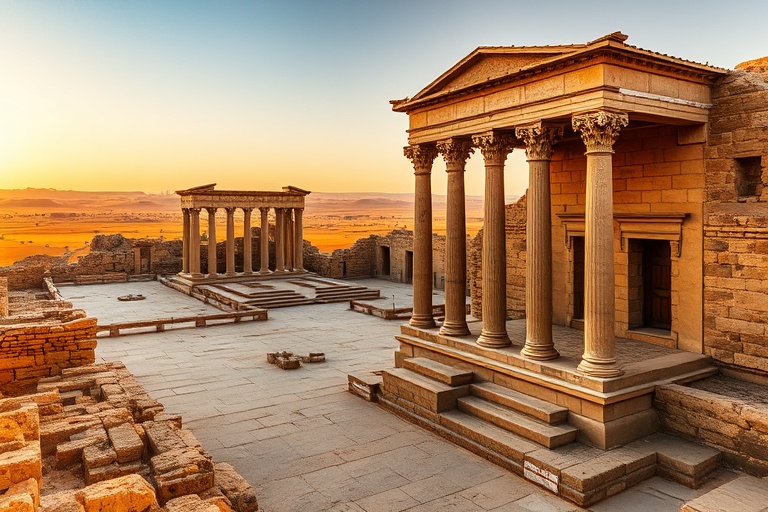
Well-preserved Roman city founded in 100 CE, showcasing perfect urban planning with its grid layout and magnificent monuments.
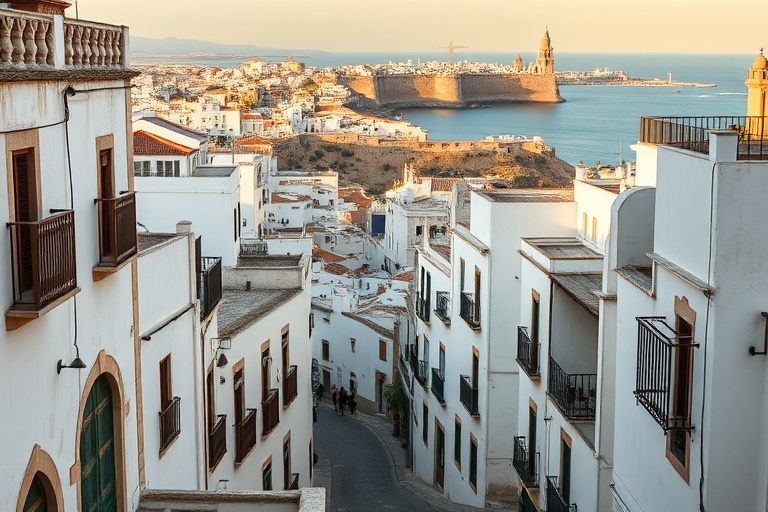
Historic citadel and medina representing a unique blend of Ottoman and local architectural traditions dating back to the 16th century.
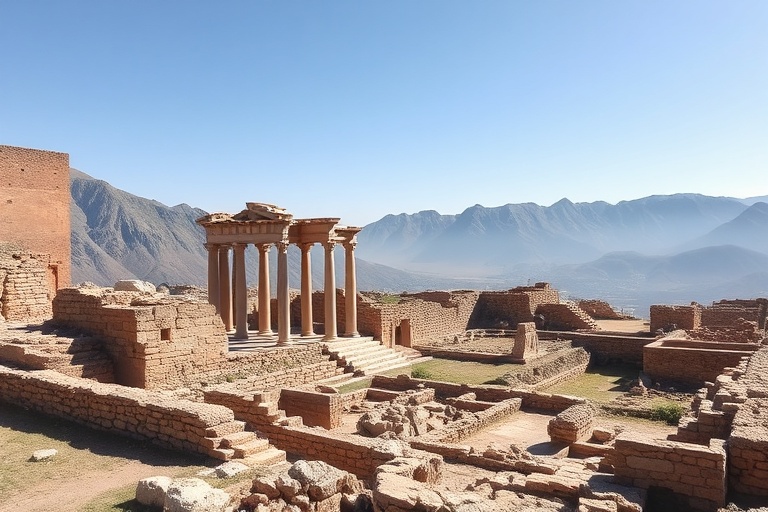
Spectacular Roman ruins set in a mountainous landscape, featuring some of the best-preserved mosaics in North Africa.